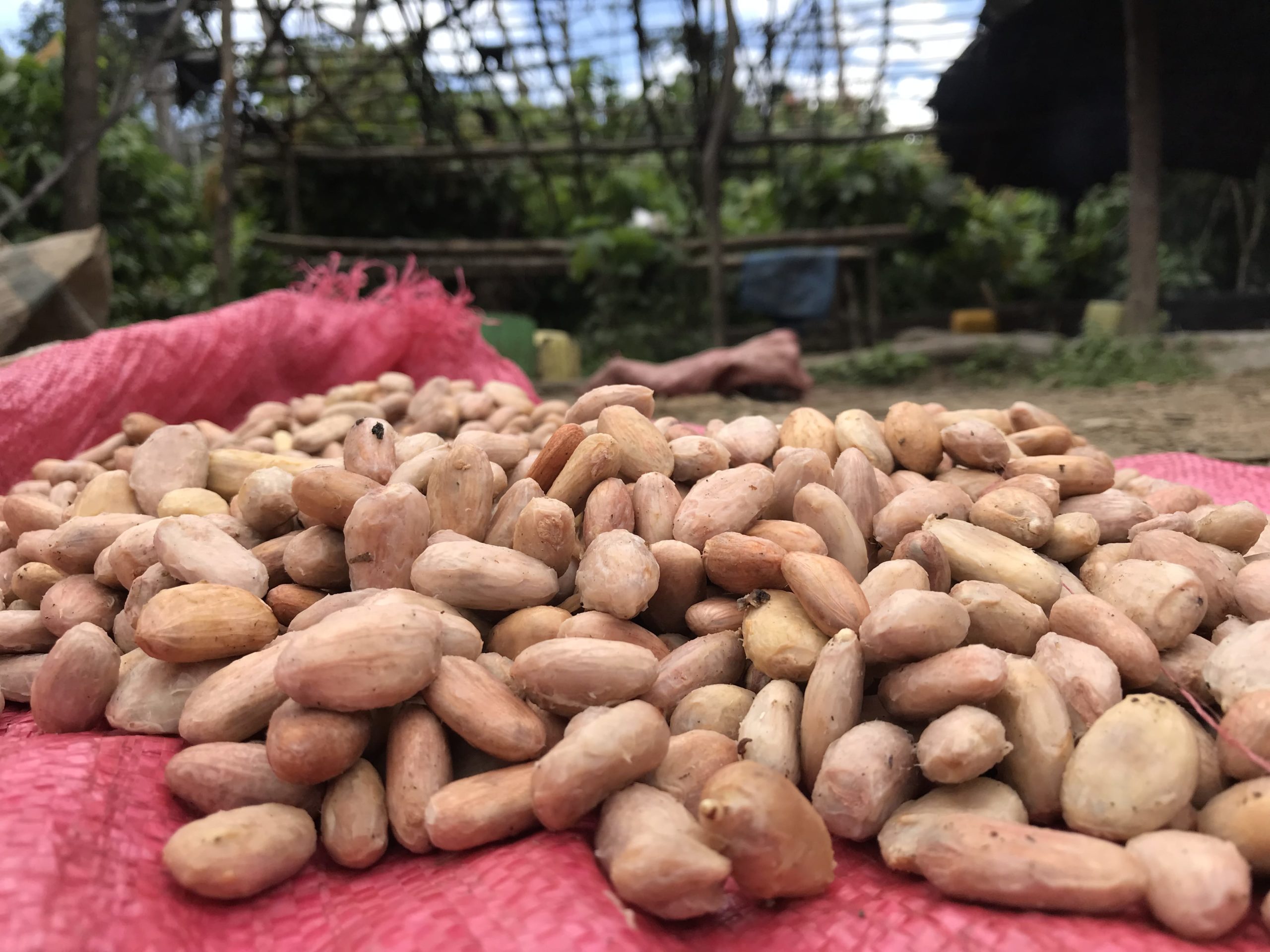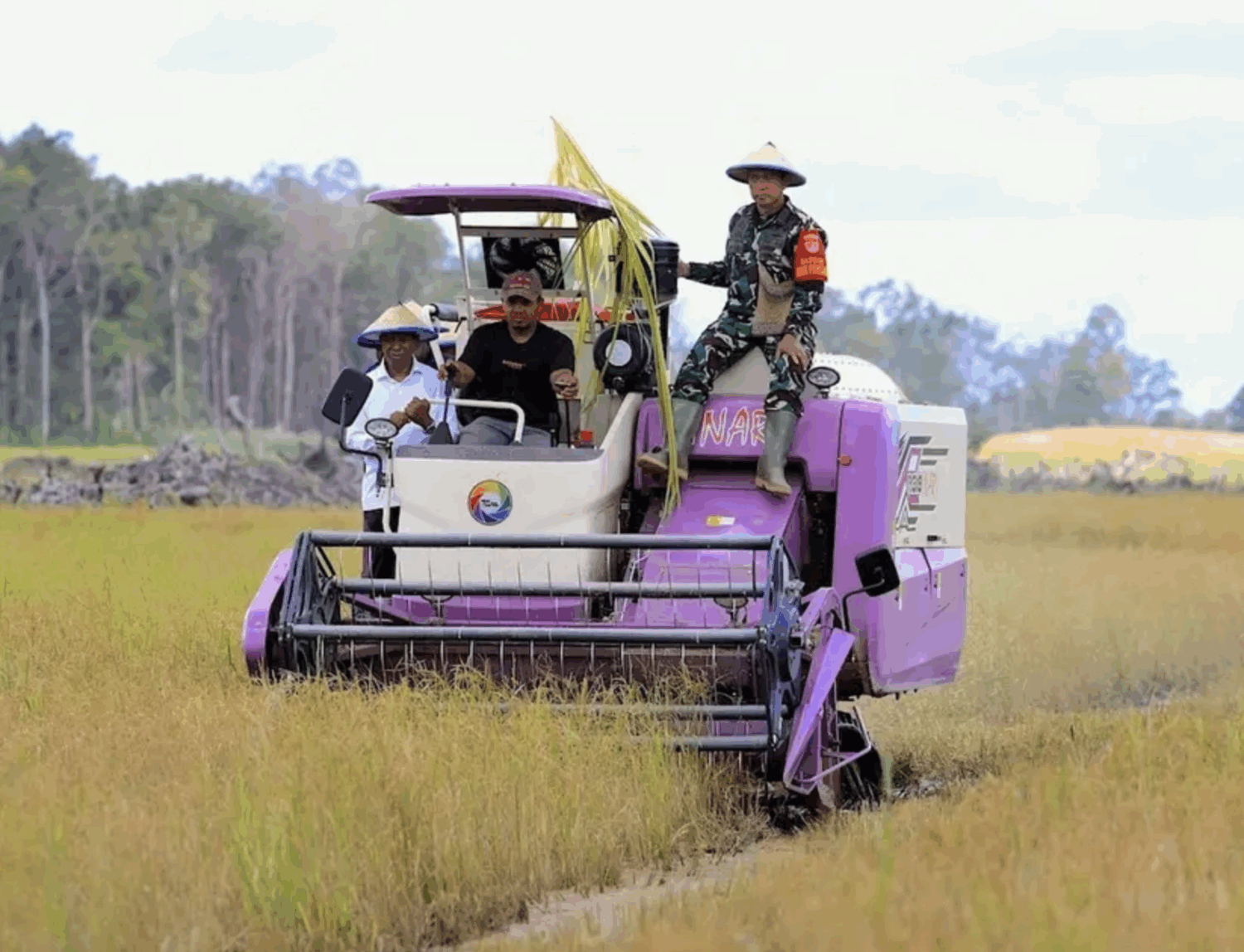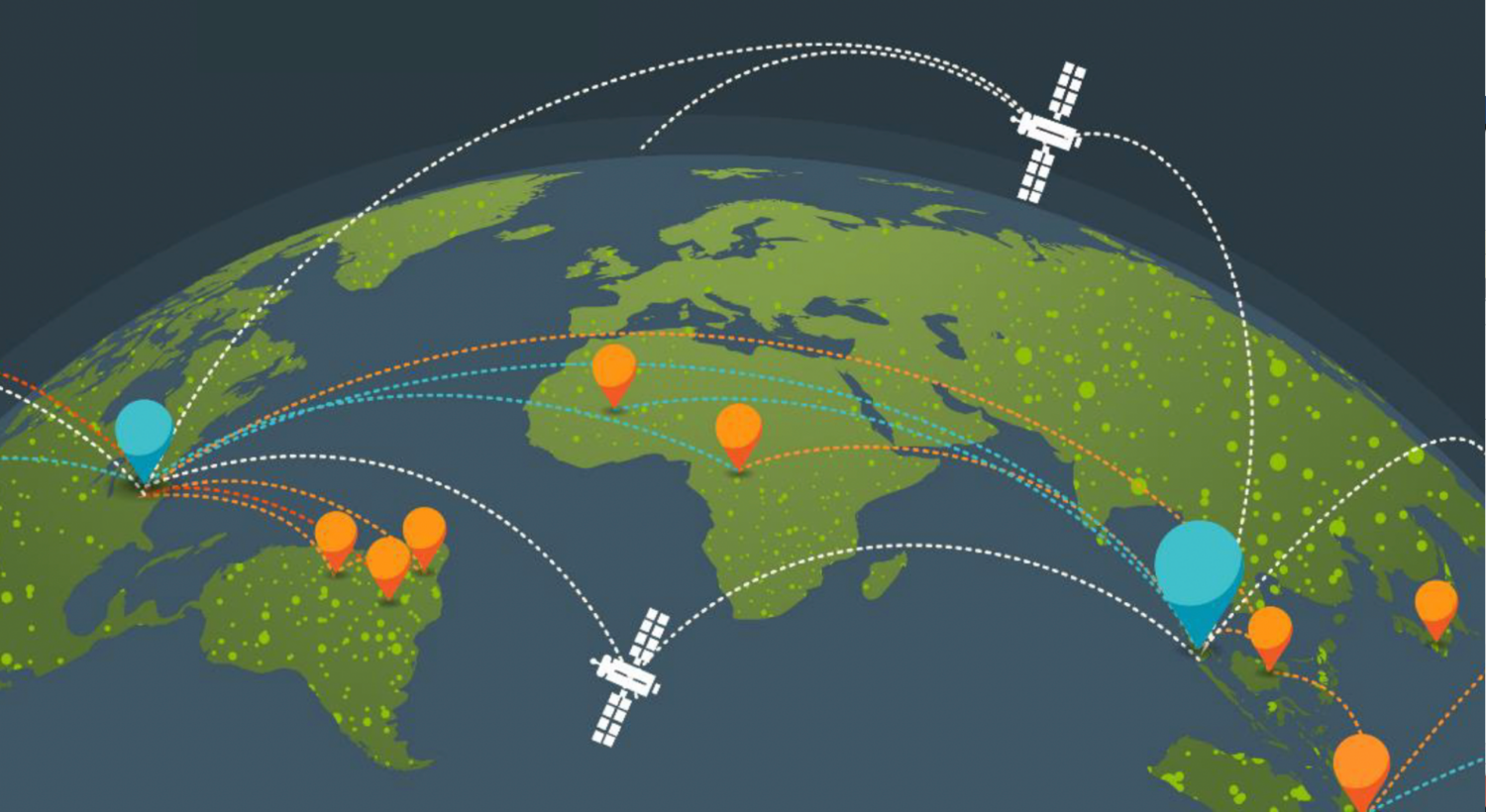
VOICE response to latest NORC research on child labour in the cocoa sectoresponse to latest NORC research on child labour in the cocoa sector
Despite two decades of efforts, the cocoa sector has still not been able to significantly reduce – let alone eliminate – child labour on West African cocoa farms. According to a new report by the National Opinion Research Center at the University of Chicago (NORC), 1.5 million children are working in cocoa production in Côte d’Ivoire and Ghana. 95% of the child labourers are exposed to the worst forms of child labour, such as working with dangerous tools or harmful pesticides.
The main reason why the problem of child labour has not been solved is simple; it didn’t have to be eliminated. The efforts of the past two decades were entirely voluntary. Companies could engage with the problem in any manner they saw fit, and there have been exactly zero consequences for failing to meet the parade of promises made by the cocoa industry in the past decade.
The report shows that some forms of child labour are even getting worse. The strong increase of children using pesticides is an especially grave cause for concern. More than forty percent of children interviewed reported feeling very tired or even exhausted because of child labour. A third of children were in very bad pain, a quarter felt very sick, and one in ten children had to receive treatment at a medical centre. All in all, these figures are shocking, and urgent efforts must be undertaken to safeguard children from these hazards to their health.
A companion study on the efficacy of industry interventions to reduce child labour – commissioned by the cocoa and chocolate industry – was simultaneously released. It shows that when industry does choose to invest time and effort in child labour reduction approaches, progress can be made. Though it raises the question why these investments were not made much earlier and on a larger scale, the VOICE Network welcomes the intention of several multinational cocoa and chocolate companies to roll out these programmes to all the cocoa farmers they source from. We call on all other companies to follow suit immediately.
However, such programs reduce child labour only by roughly 30%. The main cause of child labour is poverty, and child labour will persist as long as the cocoa and chocolate industry is not serious about ensuring a living income to all cocoa farming families around the world.
Other drivers of child labour, including a lack of healthcare and education, require efforts by local governments who are responsible for the infrastructure needed for childcare and education. The VOICE Network calls on all cocoa-producing governments, but especially the Ghanaian and Ivorian governments, to dramatically improve and expand efforts to provide education and other vital services to children, and crack down on child labor and other abuses in cocoa. There is also an increasing need for clarity and ownership of the concept of child labour and child work, which should be informed by national inclusive and deliberative processes. This should be anchored in existing national legislation, which is based on the ILO Core Conventions and takes into account the Convention on the Rights of the Child.
What is needed now are mandatory due diligence regulations that cover both human rights and environmental harms, as well as an urgent plan to safeguard children from exposure to pesticides, a full roll out of child labour monitoring and remediation systems to all cocoa sourcing from West Africa, coordinated national agricultural and rural development policies and investments in infrastructure. Lastly, these must be coupled with a strong income increase to ensure cocoa farming households reach a living income, part of which must include payments of higher cocoa prices at ‘farm-gate’.


